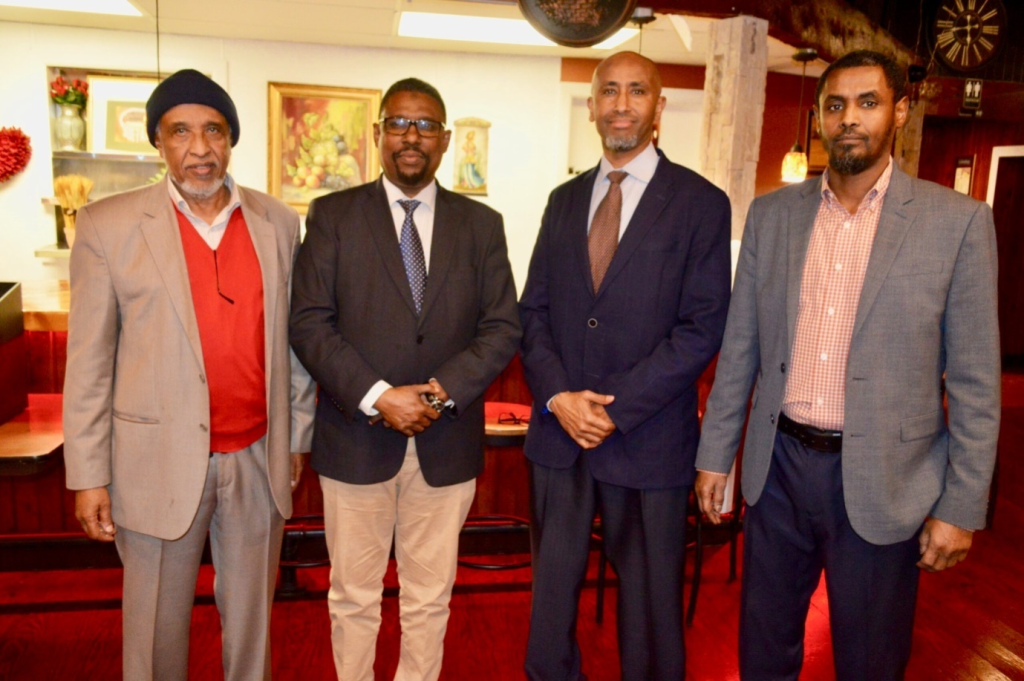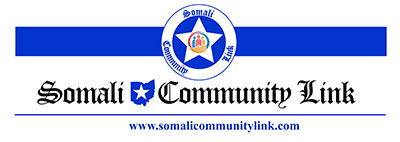Approximately 99% of the population of Somalia identifies as Sunni Muslims, making them an overwhelming majority. This majority has a huge impact on the events celebrated in Somalia, as most of them have religious nuances.
While they share their events with the rest of the Islamic world, Somalis have managed to put their own twist on their celebrations. Somali celebrations are a unique and rich blend of African influences mixed with South Asian, subcontinental elements. In this blog, we’re going to discuss four of the most important celebrations in Somalia and what they mean for Somalis.
1. Somali Independence Day
Up until 1960, Somalia was under Italian and British colonial rule. On 26th June 1960, Somalia officially gained independence and became a free Somaliland. While many argue that Somalia still isn’t quite free and has its own shackles of political instability, Somalis still celebrate this momentous occasion. With some foreign intervention and support, Somalia will gain complete independence as well.
2. Neeroosh
While Somalia largely follows the lunar calendar to mark the most important religious events, the solar year is also used to determine some important events, such as harvest times. Neeroosh (locally referred to as Dab-shid and internationally as the Festival of Fire) is a celebration of the beginning of the solar year. This celebration is filled with fun and joy, where the Somalis build large bonfires and do traditional dances around them to welcome the year.
3. Eid al-Fitr
Muslims around the world fast during the holy month of Ramadan, that’s started with the moon sighting and ends with the celebration of Eid al-Fitr. This Eid is one of the biggest celebrations of the year that celebrates the Muslims’ sacrifices and efforts made during the month of Ramadan. Somalis make traditional food during this occasion, wear new clothes, and attend celebrations and gatherings with friends and family.

1. Eid al-Adha
Eid al-Adha is a yearly celebration to commemorate Prophet Ibrahim’s readiness to sacrifice his beloved son, Prophet Ismayeel. The celebration begins on the tenth day of the lunar month of Dhu al-Hijjah and is locally called Tabaski. On this day, Somalis slaughter goats, cows, sheep, or camels to mark the occasion and cook the meat to make a feast for their loved ones.
Want to learn more about the Somali community in Ohio? Somali Community Link can connect you with the Somali refugees in Columbus, Ohio. We’re a non-profit organization that helps with the resettlement process of Somali refugees in the US and help them become active and contributing members of society.
We provide a wide range of services which Somali community resettlement services, education funding, legal advisory, and housing needs for the Somali community. Donate to this cause or volunteer your time to help us out. For more information, get in touch with us

